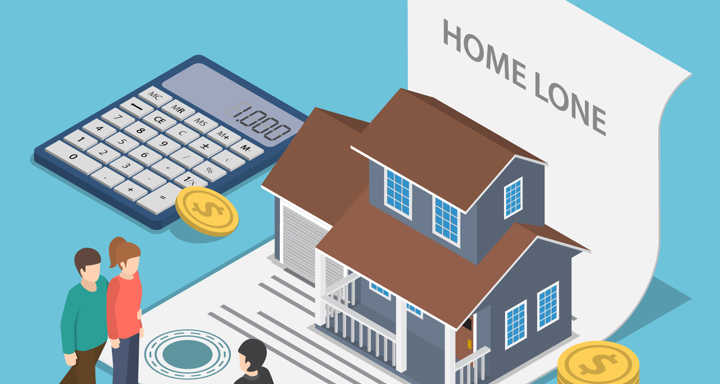Understand Your Home Loan
Banks generally quote an ‘annualized’ interest rate, but remember that interest rates can be deceptive unless you figure out how they are defined. When you take a loan from a bank or a housing finance company, bank offers you only 80 to 90 per cent of the value of the property i.e., you have to find the 10 to 20 per cent of the value of your purchase on your own. Understanding your home loan is very important to get best deals on your home loan.
 |
 |
Penalties and charges
You must gather information on various penalties and charges levied by the lender also. Even a small fee of say two percent could mean an additional few thousands of rupees. Following are some of penalties and fess levied by banks or lending companies.
- Processing fee: The term processing fee is quite familiar to home buyers. The processing fee charged may vary from one bank to another. Processing fee is usually around 1-2 percent of the sought loan amount, and is to be paid when applying for the loan. Some banks do not refund this amount even if your loan application is rejected. Before you apply for Home Loan you must know the processing fee and whether amount will be refunded incase of rejection of application.
- Choosing Interest rate: Banks can calculate their interest rates either at a flat rate or a reducing balance rate. At a flat rate, the interest rates are calculated keeping the outstanding amount (i.e. the amount on which interest is calculated) constant throughout the loan tenure, while in a reducing balance loan the interest rate is recalculated on a periodic basis based on the reducing outstanding loan amount. So if you are repaying your loan amount on a monthly basis, take up the loan offer that gives you the best rate on a monthly rest.
- Prepayment charge: Often, customers are asked to sign loan documents with no mention of prepayment penalty. Thus, they are not even aware of what the actual prepayment charges are. When the borrower repays the loan before the loan tenure, banks charge a penalty which usually varies between 1-2 percent of the loan amount outstanding. Prepayment penalties can be negotiated if you have a good credit history. Banks may waive off prepayment charges if you negotiate. Quite a few banks do not charge pre-payment penalty if the loan is prepaid partially.
- Late payment fee: Pay your EMI on time otherwise you might be charged a late payment fee. A delayed payment charge of 2-3 percent of EMI due is levied by some lenders in case the monthly repayment doesn’t reach the lender on time.
- Legal Charges: Sometimes your bank may ask you to pay for legal verification. However, most banks cover the costs in the upfront (processing) fee that you pay. A few lenders charge administrative fee to meet their administrative overheads. Some banks recover legal and technical expenses incurred by them towards verification of property as legal fees or charges.
One must set aside a small portion of money towards a contingency fund at regular intervals. If a borrower is unable to make regular repayments on high interest debts, they could pile up quickly dragging him into a debt trap. Prepayment is an ideal option if you have received unexpectedly a huge inheritance or a big bonus. Banks can calculate their interest rates either at a flat rate or a reducing balance rate. So if you are repaying your loan amount on a monthly basis, take up the loan offer that gives you the best rate on a monthly rest.
Prepayment penalties can be negotiated if you have a good credit history. Banks may waive off prepayment charges if you negotiate. Pay your EMI on time otherwise you might be charged a late payment fee. Take the time to discuss your housing loan questions with a loan officer to get loan facility that best suits your needs. Don’t just go by someone’s word. Take the promise offered on your home loan in writing or by mail. It is extremely important to take insurance coverage on your home and home loan.







